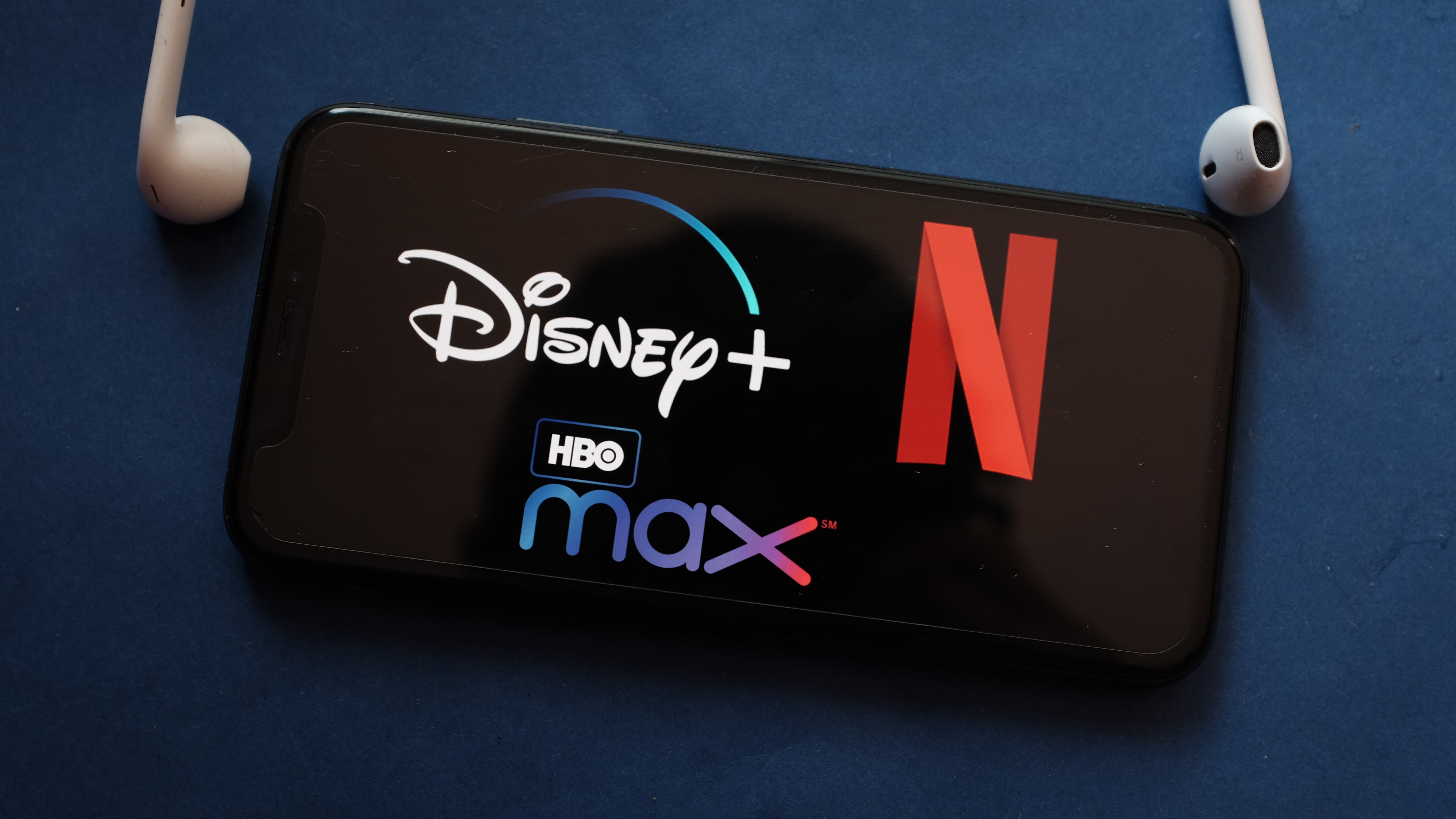
Just days after HBO Max owner Warner Bros. Discovery (WBD) lifted the lid on its latest set of streaming results, Disney has followed suit with its own quarterly earnings report.
The entertainment giant revealed that its flagship streaming property, Disney Plus, attracted a whopping 12.1 million new subscribers between July and September of this year, taking the platform’s global total to 164.2 million. Hulu and ESPN Plus added more paying customers, too, leaving the House of Mouse heading into Christmas with an industry-high pool of 235 million subscribers.
For comparison, the entire WBD portfolio – which includes HBO, HBO Max and Discovery Plus – currently serves just shy of 95 million subscribers, having only accrued 2.8 million new customers in the previous quarter. Netflix added even fewer subscribers (2.4 million) during the same period, but the streamer’s global count still stands tallest at 223 million.
Of all the best streaming services, then, Disney Plus continues to grow at the fastest rate. Still, it has some way to go to usurp Netflix – which appears to have bounced back after back-to-back quarters of decline in 2022 – as the industry’s largest platform.
What’s more, subscriber growth doesn’t automatically equal profit. Despite the rosy reading of its customer numbers, Disney’s fourth-quarter results (the company works to a different fiscal year than Netflix and HBO Max) actually confirmed a year-over-year loss of $1.47 billion. That’s almost double the losses Disney endured in 2021.

However, CEO Bob Chapek is confident that Disney Plus will become profitable sooner rather than later – and is rightly proud of how far the streamer has come in such a short space of time.
“The rapid growth of Disney Plus in just three years since launch is a direct result of our strategic decision to invest heavily in creating incredible content and rolling out the service internationally,” Chapek told investors. “We expect our DTC operating losses to narrow going forward and that Disney Plus will still achieve profitability in fiscal 2024, assuming we do not see a meaningful shift in the economic climate.”
Get daily insight, inspiration and deals in your inbox
Sign up for breaking news, reviews, opinion, top tech deals, and more.
Between June and September 2022, Disney Plus subscribers were treated to a host of new movies and TV shows that evidently buoyed the streamer’s appeal to prospective customers. In the last three months alone, the likes of Obi-Wan Kenobi, She-Hulk: Attorney at Law, Pinocchio, Hocus Pocus 2, and Andor were all released on Disney's streaming platform.
And with the company's selection of new Star Wars TV shows, top-tier Marvel movies, and other non-franchise offerings set to grow even more in the years to come, the Disney Plus faithful will be eating well for some time yet.
Ad-ding value

Disney anticipates that the imminent launch of an ad-supported subscription tier on Disney Plus will help maintain the streamer’s impressive growth. “By realigning our costs and realizing the benefits of price increases and our Disney Plus ad-supported tier coming December 8, we believe we will be on the path to achieve a profitable streaming business that will drive continued growth and generate shareholder value long into the future,” Chapek said.
According to the Wall Street Journal, Disney’s new, cheaper subscription package will cap ads at four minutes per hour of content, and restrict ads full stop when young children are watching via the platform’s kid-friendly user profiles.
That approach follows that of HBO Max, which launched its own cheaper subscription package in June last year to surprising popularity. Netflix also rolled out an ad-supported plan in November 2022, though subscribers have been less-than-complimentary about its early implementation.
Evidently, Disney bosses are making all the right moves to ensure that Disney Plus keeps pace with Netflix and continues to leave HBO Max in the dust (on paper, at least). The company’s recent acquisition of the overseas broadcast rights to Doctor Who will only serve to boost its fortunes, too.
Watch out, Ted Sarandos – the House of Mouse is coming for your crown.

Axel is TechRadar's UK-based Phones Editor, reporting on everything from the latest Apple developments to newest AI breakthroughs as part of the site's Mobile Computing vertical. Having previously written for publications including Esquire and FourFourTwo, Axel is well-versed in the applications of technology beyond the desktop, and his coverage extends from general reporting and analysis to in-depth interviews and opinion. Axel studied for a degree in English Literature at the University of Warwick before joining TechRadar in 2020, where he then earned an NCTJ qualification as part of the company’s inaugural digital training scheme.